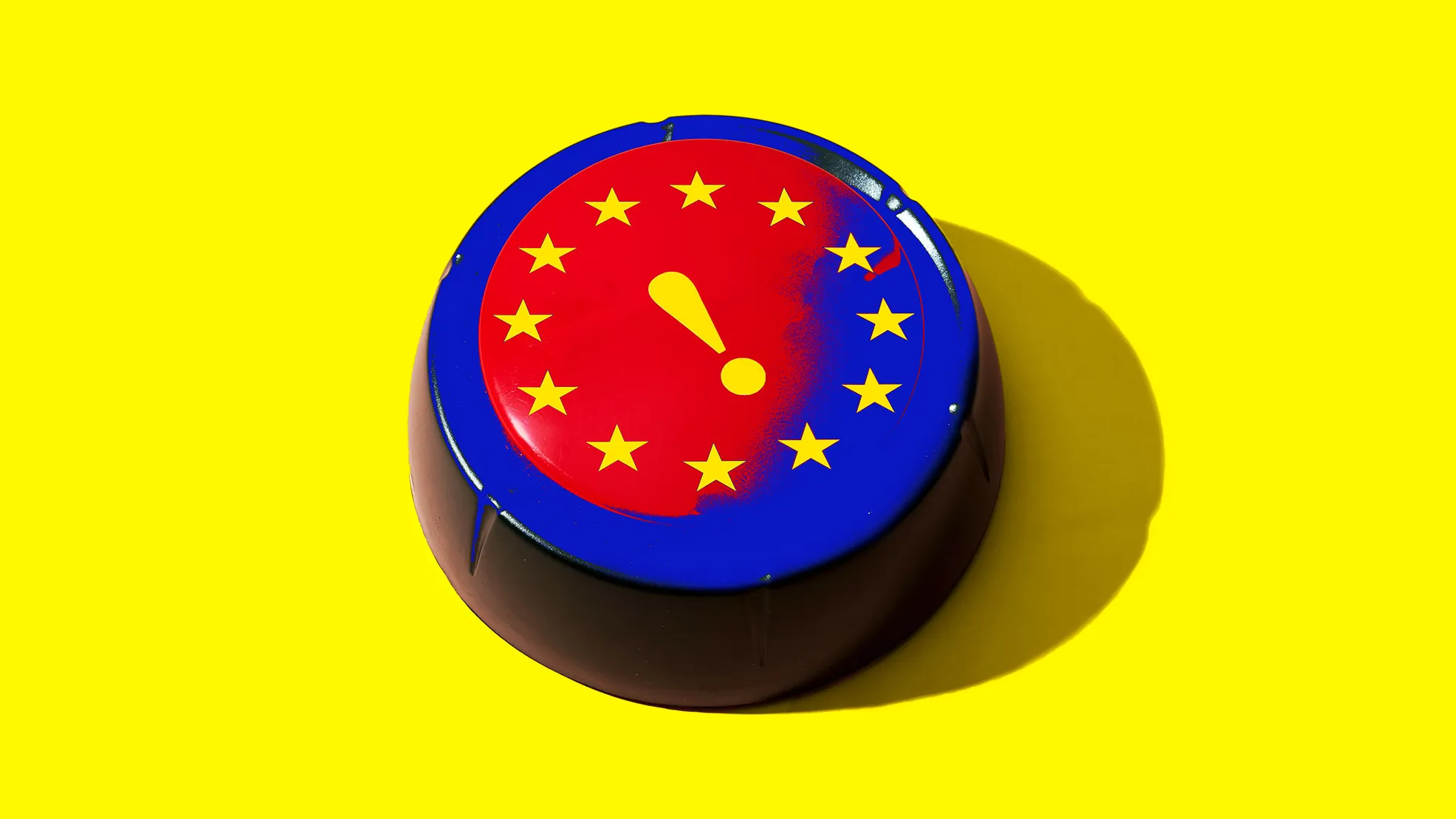Under the Digital Markets Act, a total of 22 services, spanning operating systems, messenger apps, and social media platforms, fall within its purview.
In a landmark move, Europeans are now empowered to select their preferred online services, including browsers, search engines, and app sources for mobile phones and computers. This monumental shift, mandated under the Digital Markets Act (DMA), marks a significant step in redefining the relationship between consumers and technology giants.
The DMA, a comprehensive set of laws enacted by the European Union, compels six major technology firms, namely Amazon, Apple, Microsoft, Google parent Alphabet, Facebook owner Meta, and TikTok owner ByteDance, to adhere to new regulations aimed at fostering competition and protecting consumer rights.
Europe has long been at the forefront of tech regulation, and the DMA represents the latest endeavor in asserting control over the operations of large tech corporations. As these companies adapt to comply with the DMA, fundamental changes to their business practices are underway.
For instance, Apple has announced its intention to allow users to download smartphone apps from sources outside its App Store, a departure from its longstanding exclusivity policy.
Under the Digital Markets Act, a total of 22 services, spanning operating systems, messenger apps, and social media platforms, fall within its purview. This includes a wide array of offerings such as Google’s Maps, YouTube, Chrome browser, and Android operating system, as well as Amazon’s Marketplace, Apple’s Safari browser, and iOS operating system.
Meta’s suite of social media and messaging platforms, including Facebook, Instagram, and WhatsApp, are also subject to the regulations, along with Microsoft’s Windows operating system and LinkedIn.
The DMA imposes substantial penalties on companies found in violation of its provisions, with fines of up to 20 percent of their annual global revenue for repeated infractions. Additionally, severe breaches could result in the dissolution of these tech giants, underscoring the stringent enforcement mechanisms embedded within the legislation.
The ripple effects of the DMA extend far beyond Europe’s borders, as other nations contemplate similar regulatory frameworks to rein in the influence of tech behemoths. Zach Meyers, assistant director at the Center for European Reform, anticipates that if successful, the DMA could serve as a model for Western countries seeking to curtail the dominance of big tech firms.
Indeed, jurisdictions including Japan, Britain, Mexico, South Korea, Australia, Brazil, and India are already crafting their own versions of DMA-inspired rules to safeguard fair competition in online markets.
One of the most consequential changes introduced by the DMA is Apple’s concession to allow European iPhone users to download apps from sources outside its App Store ecosystem.
This decision, a departure from Apple’s longstanding policy, aims to foster greater competition among app distribution platforms. However, critics argue that Apple’s imposition of a 55-cent fee on each iOS app downloaded from external sources may stifle the growth of alternative app stores, thereby perpetuating its dominance.
Furthermore, consumers stand to benefit from enhanced choice and privacy protections afforded by the DMA. Mobile device users are no longer bound to predetermined services, with the freedom to select preferred browsers and search engines. Additionally, the DMA mandates restrictions on data utilization for targeted advertising, empowering individuals to assert greater control over their online privacy.
The DMA also promotes interoperability among messaging systems, ensuring seamless communication across platforms.
Meta, owner of popular messaging apps Facebook Messenger and WhatsApp, is tasked with devising a proposal to enable users to exchange messages, videos, and images between the two platforms, aligning with the DMA’s objective of fostering a more interconnected digital ecosystem.
As Europe spearheads efforts to regulate the digital landscape, the implementation of the Digital Markets Act heralds a new era of accountability and consumer empowerment in the realm of technology. With its far-reaching implications, the DMA serves as a testament to Europe’s proactive stance in shaping the future of digital governance.
